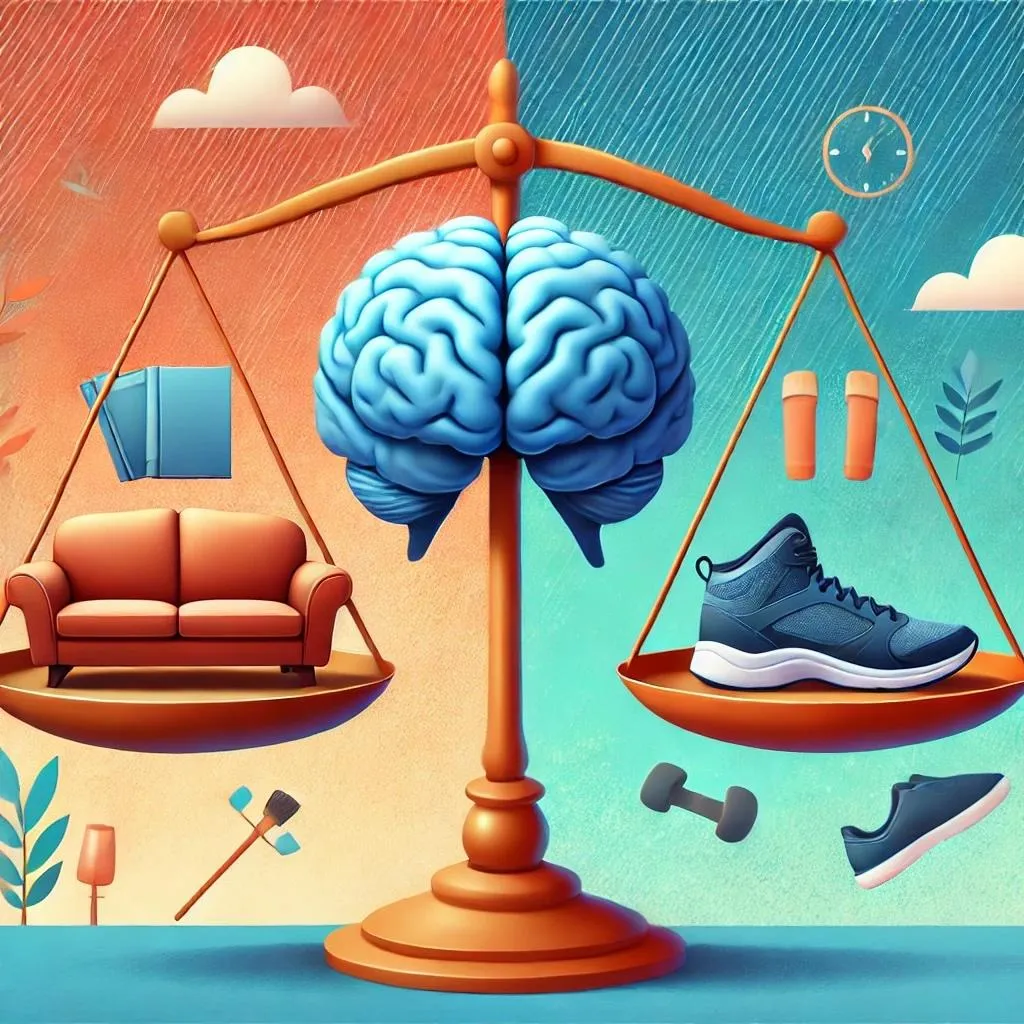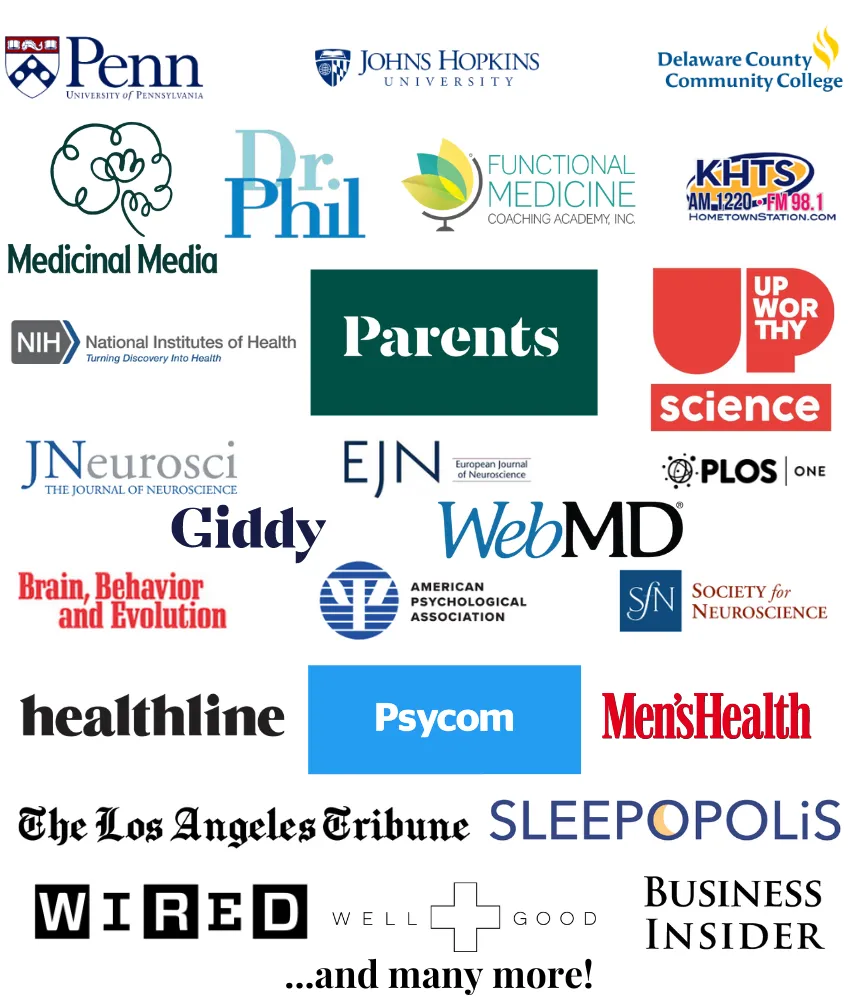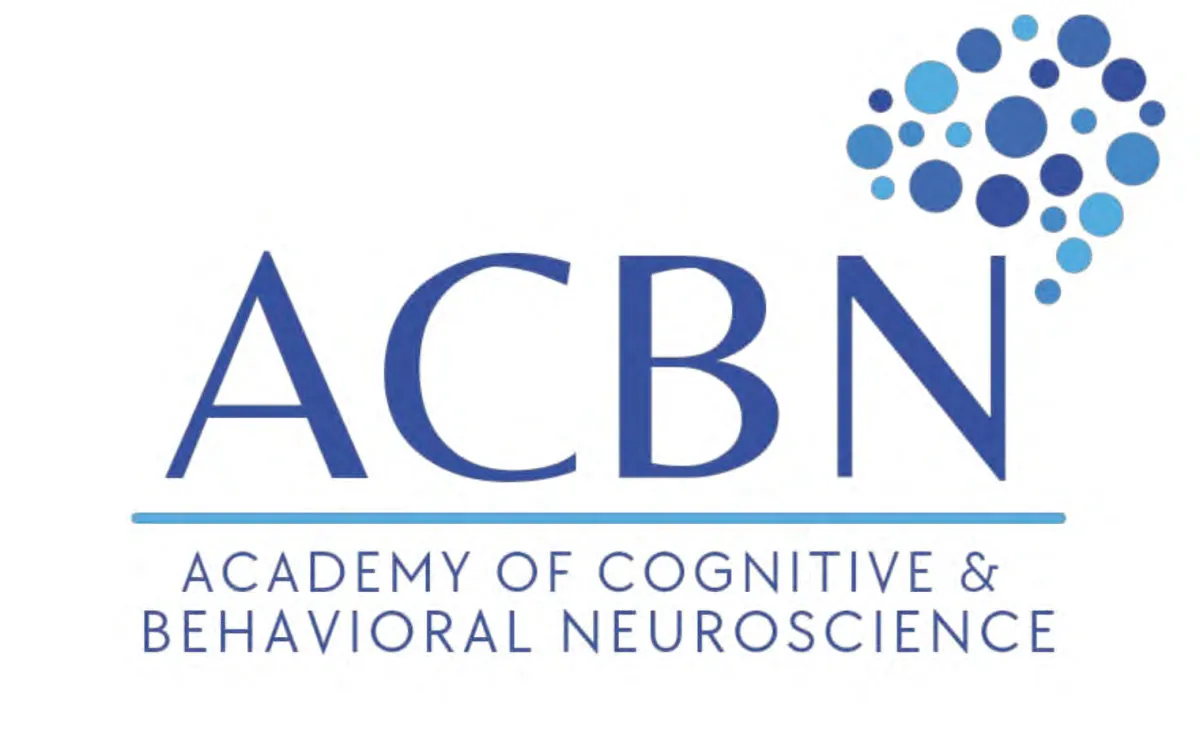
Welcome to Neuroscience Nuggets, your treasure trove of brain science knowledge designed to unlock the secrets of personal and professional growth! If you've ever been curious about the power of the brain and how it influences our thoughts, emotions, and behaviors, you're in the right place!!
Neuroscience, the captivating study of the brain and nervous system, offers a goldmine of insights to enrich our lives and those of our clients. At Neuroscience Nuggets, we're dedicated to making brain science approachable, exciting, and applicable in all aspects of your journey. Whether you're seeking to nurture your own well-being or enhance your professional practices, our nuggets of wisdom will equip you with practical tips, strategies, and evidence-based approaches to empower yourself and your clients.
Join us as we embark on an exhilarating adventure into the realm of neuroplasticity—the brain's remarkable ability to change and adapt. Together, we'll explore how harnessing neuroscience can lead to personal fulfillment, enrich your relationships, and supercharge your professional impact. So, grab your pickaxe and get ready to dig deep into the world of neuroscience nuggets. Let's unlock the untapped potential of the brain and unearth the pathways to personal and professional growth together. 🌱🌟

The Neuroscience of Rest – Finding the Balance Between Rejuvenation and Risk
“ Restlessness and discontent are the first necessities of progress.” - Thomas Edison
The Neuroscience of Rest – Finding the Balance Between Rejuvenation and Risk
We’ve all been there: after a period of intense work, we tell ourselves we deserve a break, a day to just unwind on the couch and do nothing. For me, with my birthday earlier this month, this “rest” has been my personal gift to myself—a celebration of the hard work I’ve put in this year. But it got me thinking: what’s the neuroscience behind taking a break? Can these lazy days really rejuvenate us, or do they risk sending us into a funk?
The Neuroscience of Rest: A Double-Edged Sword
When we take a break, especially after periods of high mental or physical exertion, it’s not just about relaxation—it’s about neural restoration. During rest, the brain shifts into what's known as the default mode network (DMN), which supports introspection, memory consolidation, and creativity. This process allows neurons to recover, balancing important neurochemicals like dopamine and serotonin that regulate mood and motivation. So, taking a day off or resting the mind after an intense period can significantly boost cognitive function, emotional well-being, and problem-solving.
But, here’s where it gets tricky. While short-term breaks help reset our brains, prolonged inactivity can lead to undesirable effects. When you’re inactive for too long, the brain's ability to adapt and form new connections—known as neuroplasticity—begins to slow. You might start feeling unmotivated, lethargic, or even anxious.
This is why rest can sometimes feel like a slippery slope. It starts off rejuvenating, but without the right balance, it can spiral into feelings of apathy or worse, contribute to symptoms of depression.
Rest vs. Depression: The Fine Line
There’s a clear difference between a healthy day of rest and the beginnings of a downward spiral into inactivity-induced depression. The brain’s reward system, driven by dopamine, needs a balance of both rest and stimulation. Too much inactivity can reduce dopamine levels, making it harder to find motivation or joy in everyday activities.
For example, after a day or two of couch lounging, you might notice it’s harder to get back into the swing of things. The couch that was once a place of well-deserved rest can suddenly feel like a trap.
But how do we avoid this? How do we make sure our rest days are truly restorative and not gateways to stagnation?
Structure and Active Rest: Keys to Maintaining Balance
Here’s what the research says: structured rest is the key. Alternating between periods of focused activity and intentional, restorative breaks helps your brain recover without slipping into a prolonged slump. This might look like taking short, mindful breaks during the workday (like the Pomodoro Technique) or incorporating light physical activity like walking during rest days.
Speaking of physical activity—movement is vital for brain health. Even on your most restful days, small bursts of physical activity can increase brain-derived neurotrophic factor (BDNF), a protein that supports neuroplasticity and mental well-being. So, if you’re planning a lazy day, consider incorporating a short walk or a bit of stretching to keep your brain engaged without overexerting yourself.
How Rest and Recovery Apply to Helping Professionals
As life coaches, counselors, therapists, and other helping professionals, you know that maintaining a healthy balance between work, rest, and personal growth is essential not only for yourselves but also for your clients. Rest days give us the chance to recharge, process, and reconnect with ourselves. But as we’ve seen, understanding the neuroscience behind rest can help you guide both yourself and your clients to healthier, more productive habits.
Prolonged inactivity, when left unchecked, can dampen neuroplasticity, motivation, and mental health. By educating your clients on the importance of structured rest and active recovery, you’re equipping them with tools that prevent burnout while also avoiding the risk of depressive tendencies. This knowledge is a game-changer for anyone working in mental health, coaching, or counseling fields, where emotional resilience and cognitive agility are paramount.
The Power of Understanding the Brain
Taking a deep dive into how the brain works can dramatically improve how you help others navigate their own lives. That’s why, at The Academy of Cognitive and Behavioral Neuroscience, we offer consultation services and certification programs to help life coaches, counselors, and anyone interested in brain science to deepen their knowledge.
The more we understand the brain, the better equipped we are to balance rest and productivity. This insight allows us to avoid that slippery slope of over-resting while reaping the full benefits of rejuvenation.
Conclusion: Rest Smart, Work Smart
Taking time off is essential for both our mental and physical health, but it's important to stay mindful of how long and how often we allow ourselves to rest. Without structure and intentionality, rest can quickly turn into stagnation. By understanding the neuroscience behind breaks, you can enhance your own well-being and help those you work with find their own balance.
If you’re curious to learn more about how the brain affects our day-to-day lives, especially when working with others, consider exploring our programs at The Academy of Cognitive and Behavioral Neuroscience. A better understanding of the brain leads to better outcomes—for you and your clients.
As we just learned, prolonged inactivity can sometimes lead us into murkier waters, like decreased motivation or even depression. Fortunately, I have an amazing support system with friends and family who won’t hesitate to call me out if they see me spending too much time laying around. They help keep me on track before I head down the depression road! For those of you who need that extra set of eyes as support, please don't hesitate to ask for it! You can find a list of mental health specialists in your area, or even text a helpline, by visiting The National Alliance on Mental Illnesshttps://www.nami.org/

Meet Your Blogger
Dr. Hayley Nelson earned her PhD in Psychological and Brain Sciences from The Johns Hopkins University, is a tenured professor of Psychology in the Philadelphia area, and is an international speaker. She has over 20 years of teaching experience with students from diverse backgrounds, has several peer-reviewed research publications and previous research and faculty appointments with The National Institutes of Health, The Johns Hopkins University, and The University of Pennsylvania.
If the idea of learning about the brain and neuroscience feels overwhelming and intimidating, Dr. Hayley is the perfect neuroscientist for you. She's a busy mom of 2 with a great sense of humor, and she prioritizes bringing some fun and compassion to a field that can feel a little "hardcore". You can expect lots of real world experiences and examples and an open, caring learning environment where there are no stupid questions. Listening to one of Dr. Hayley's discussions feels more like a conversation with a family member (a really smart family member).
By creating the Academy of Cognitive and Behavioral Neuroscience, Dr. Hayley Nelson combined her knowledge of the human mind and brain health with her passion for education, teaching, and consulting to truly make neuroscience approachable. Her students learn easy-to-swallow knowledge of how the brain works in real-life situations and are armed with an education in a subject they can use literally every single day. Not only that, they gain the power to serve their clients better and create an environment for their communities to thrive.
Dr. Hayley's Featured Contributions, Publications, and
Faculty & Research Appointments

With a Certification in Cognitive & Behavioral Neuroscience, you will gain the confidence to speak with authority about HOW & WHY what you teach your clients actually works.
Neuroscience feels intimidating, and perhaps you've always thought that you're not positioned to be an authority on the science behind what's happening in your client's brain. Dr. Hayley Nelson founded the Academy of Cognitive & Behavioral Neuroscience, and she designed this Certificate Program with one goal in mind:
To make neuroscience approachable for professionals who want to distinguish themselves from others in their field with a unique and comprehensive understanding of the latest research and innovative techniques in neuroscience, and earn a highly respected certification in cognitive and behavioral neuroscience that sets them apart as a true expert in their field.
After completion of the certificate, students will uncover a newfound sense of confidence and neuroscience knowledge, will stand out in their industry by offering something unique to their clients, gain credibility, better serve their existing clients, and be positioned to take on more clients best suited for their programs.
Have questions about the Certification Programs from Dr. Hayley and
The Academy of Cognitive and Behavioral Neuroscience (ACBN)?
Want to book a 1-on-1 Office Hour consultation with Dr. Hayley?
Want to See What it's Like to Learn from Dr. Hayley?
Want to Stay in the Loop with Dr. Hayley and ACBN?
Connect directly with Dr. Hayley!
Click the blue chat bubble in the right-hand corner of the screen to get in touch with me, or connect with me on social media.





